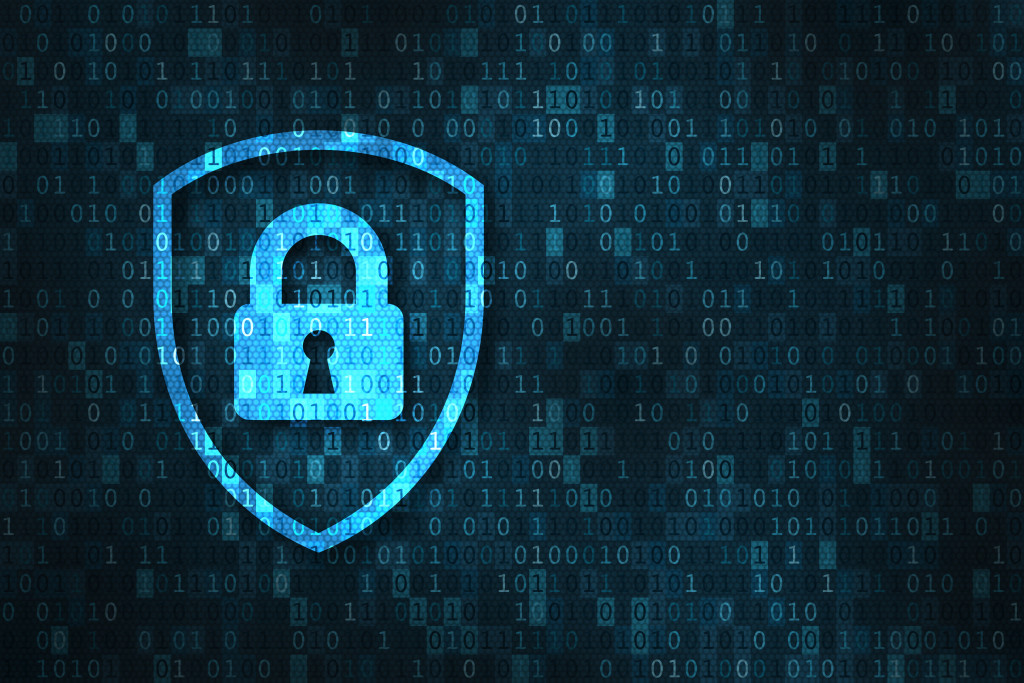• The internet is a great tool, but it can also be dangerous. It was created in the early 1990s, and since then, it has become more accessible and, thus, more dangerous.
• Privacy issues are a big concern as websites collect user data for targeted advertising or selling to third-party companies without consent.
• Cyberbullying is also a huge problem, with bullies having access to a much larger audience than ever before.
• Spam emails, scams, and malware & viruses lurk everywhere on the internet, so it’s essential to be aware of these potential dangers and take steps to ensure your safety.
• To make the internet safer, create a secure website design, teach kids and adults about online safety, and be mindful of what you post.
The internet is a fantastic tool, but it’s also a dangerous place. From privacy concerns to cyberbullying, many potential pitfalls can have serious consequences.
The internet has existed for over four decades, although its modern form began to evolve in the early 1990s. The first web page was created in 1991 by British computer scientist Tim Berners-Lee, who also designed the earliest web browser and wrote the code that made it all possible. His initial goal was to create an information-sharing platform for academics, and the idea quickly grew as more people began to use it, the internet is available to almost anyone with a device that can connect to it.
Because of this accessibility, the internet has become a dangerous platform.
4 Reasons Why the Internet is a Dangerous Place
The internet is a dangerous place for several reasons. Here are some of them:
Privacy Issues
On the internet, your personal data is not as safe as you might think. Every website you visit collects information about you, including your IP address, location data, and browser history. Website owners can use this data for targeted advertising or, worse—sell to third-party companies without your knowledge or consent.
To protect yourself, make sure to read the privacy policies of any website before submitting any personal information and use a secure password manager like LastPass or 1Password to keep your passwords safe.

Cyberbullying
Cyberbullying is a huge problem on the internet today. Bullies now have access to a much larger audience than ever before and can target their victims without facing them in person. To combat cyberbullying, make sure that you know who your child is talking to online and encourage them to come forward if they are being bullied or harassed online.
Additionally, it’s essential for parents to set an example by refraining from posting hurtful comments online themselves and teaching children how to respond if they find themselves being targeted online.
Spam & Scams
Spam emails are annoying at best and dangerous at worst—they often contain malicious links or attachments that can infect your device with malware or viruses if clicked on or opened in an email client like Outlook or Gmail.
Moreover, scams run rampant online—from phishing emails claiming that you’ve won a prize or lottery draw (which never actually exists) through social media messages and fake ads for products that don’t exist in real life—so always be wary of unexpected solicitations coming from unknown sources!
Malware & Viruses
Malware and viruses lurk everywhere on the internet—they can infect devices through malicious attachments in emails, hidden links in webpages, malware-infected downloads from websites offering pirated software/movies/music, etc., malicious ads placed on websites, etc., so always make sure that your antivirus software is up-to-date and scan suspicious files before downloading them onto your computer or device!

Tips to Make the Internet Safer
As a person who uses the internet, it is vital to be aware of the potential dangers and take steps to ensure your safety. It’s also your responsibility to make the internet a lot safer for generations to come. Here are some ways you can do that:
Build a Secure Website
Websites are the lifeblood of the internet. So make sure to create a secure website design that keeps your visitors safe and their data private. Invest in proper security measures like SSL certificates and firewalls to protect your website and database from malicious attacks.
Teach Kids (and Adults!) About Internet Safety
One of the best ways to ensure online safety is by teaching kids (and adults!) about the potential dangers of the internet. Teach them how to spot suspicious links and attachments, how to protect their data online, and how to be an upstanding digital citizen by not engaging in malicious activities like cyberbullying or spamming.
Be Mindful of What You Post
Lastly, be mindful of what you post online. Refrain from posting personally identifiable information like your home address, phone number, and bank details on social media or other websites, as malicious actors can use them to exploit you.
The internet is a wonderful thing, but it’s essential to be aware of the potential dangers that exist and take steps to protect yourself. With a few simple precautions, you can make the internet a safer place for everyone!